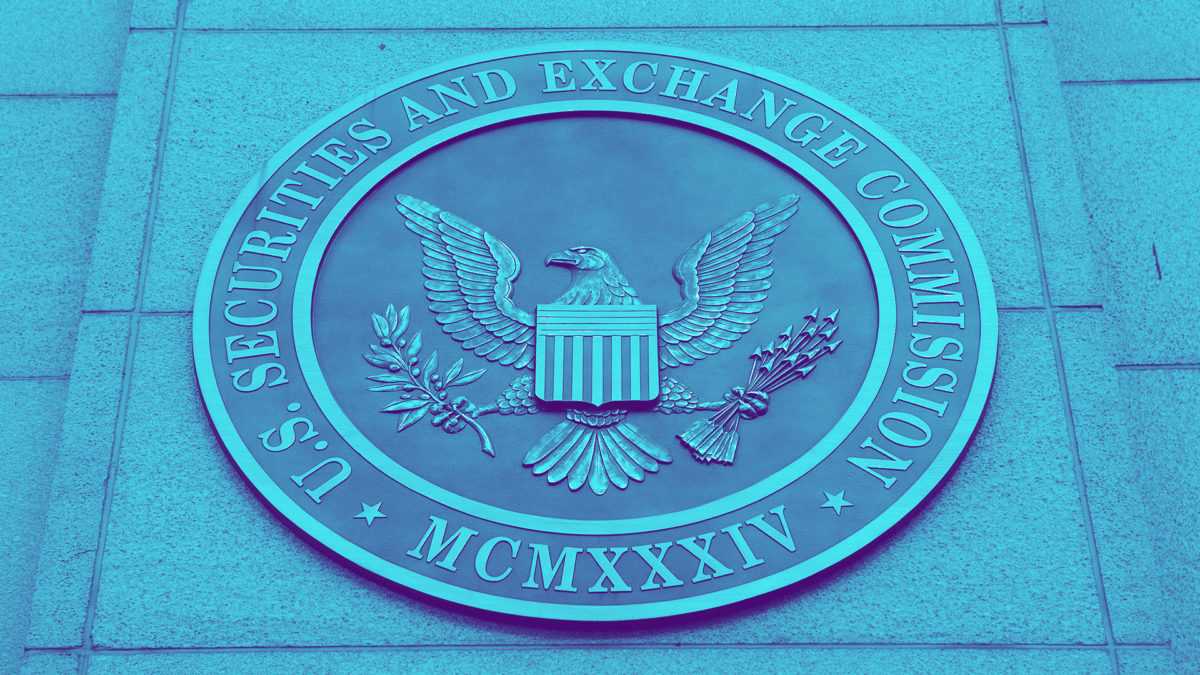Equities market structure expert: SEC anti-bitcoin ETF analysis has '3 main flaws'


David Weisberger, co-founder and CEO of CoinRoutes, says there are three main flaws in the U.S. Securities and Exchange Commission’s (SEC) reasoning in delaying and rejecting applications for a bitcoin-based exchange-traded fund (ETF).
Weisberger is the former managing director of Citigroup and was responsible for building out the company's electronic trading systems. In a recent op-ed published in CoinDesk, he finds fault with the SEC’s argument for three main reasons.
First, there already exist many self-proclaimed bitcoin exchanges that meet the standards of money center or trust bank regulation, he says, and there has been no proven “fake and non-economic activity." In fact, according to Weisberger, these exchanges provide sufficient liquidity for price discovery.
Second, he argues that compared to gold, silver, and other precious metals that have already been approved for ETFs, bitcoin offers a far greater level of transparency. While the former’s spot prices take place on a negotiated basis with a bid-ask spread of over 4%, bitcoin pricing can be accessed from a number of markets running electronic data and has a bid-ask spread of less than 1%.
Third, allegations of manipulation are present regarding other commodities as well, as demonstrated by the RICO case against precious metal traders in September. Weisberger believes that the SEC shows its bias by holding bitcoin to a higher standard given that bitcoin is neither more subject to potential manipulation nor operates in a market that is harder to monitor. It does not make sense to favor those commodities while delaying bitcoin’s ETF approval, he says.







